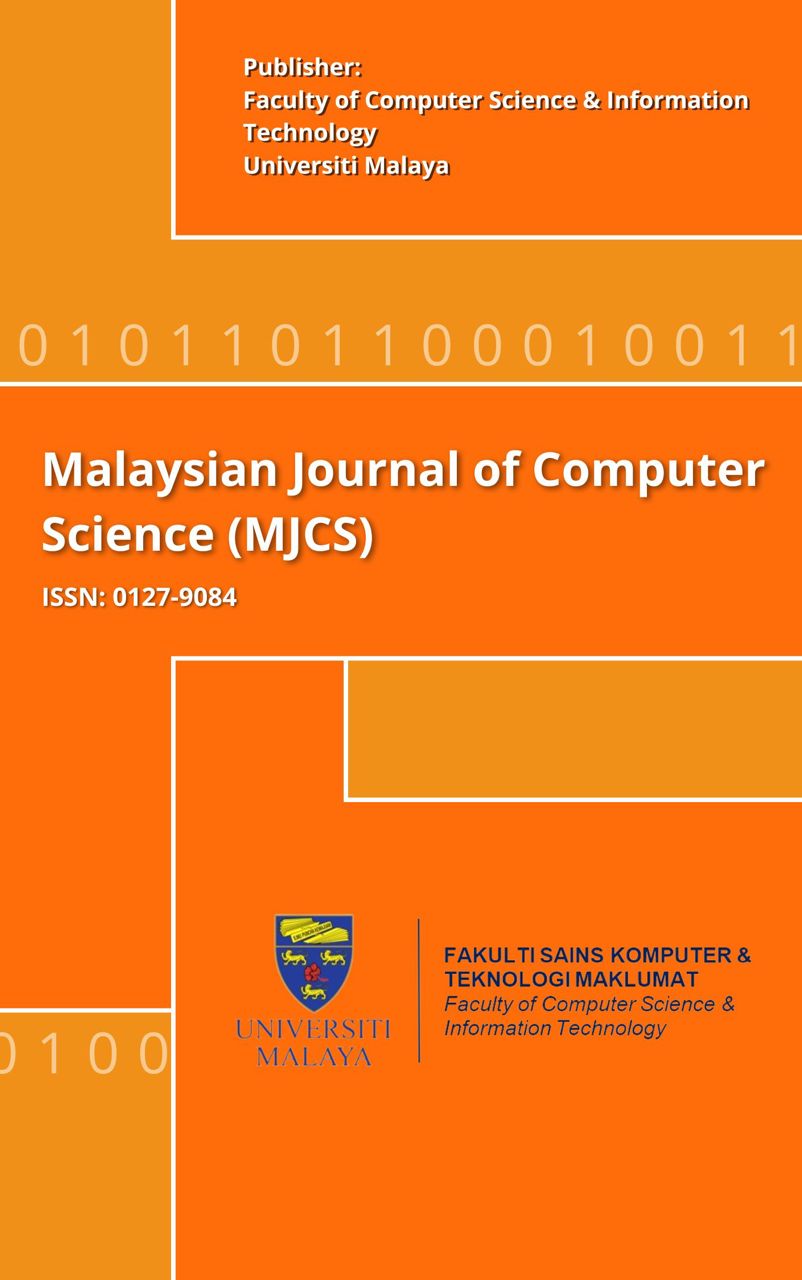Development of a Software Risk Management Model using Unique Features of a Proposed Audit Component
Main Article Content
Abstract
One of the most exigent features of a risk is risk alteration that can exacerbate its consequences and make its management difficult. Therefore, good risk management models should be able to identify risks and monitor the changes to the risk as the project progresses. This feature is not emphasized in the current risk management models, and this has resulted in a high rate of failure in software risk management. This paper discusses the development of a software risk management model that uses features of an embedded audit componet as a verifier core. Special emphasis is on managing the risks of the risk management process which is done by remonitoring the risks and activities through the verifier core. The model includes four main phases – risk identification; measurement; assessment; and mitigation and contingency plan. In order to evaluate the model, a six-month case study was conducted using the customer relationship management system of an industrial design company. The use of the proposed model produces the following results: more accurate risk classification (phase 1); more exact definition of the deviation rate from the established schedule (phase 2); the model adapts well to the changes to the risk factors, and makes better assessment of the consequences (phase 3); in implementing the mitigation and contingency plan, the dynamic verifier core successfully uncovers ignorable mistakes and also helps to reduce or lessen the consequences (phase 4). The proposed model has proven to be effective in reducing the unforeseen risks. This will improve the success rates of software projects.
